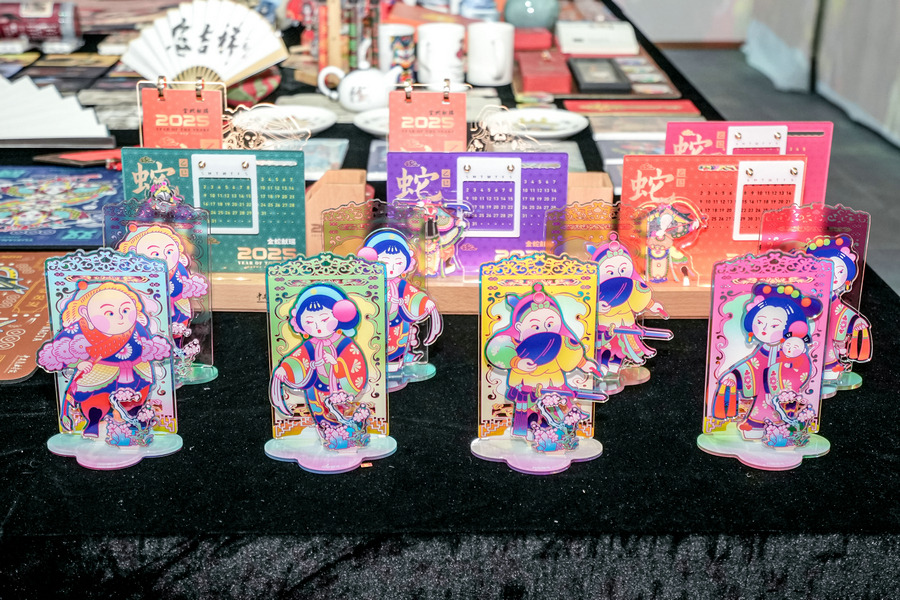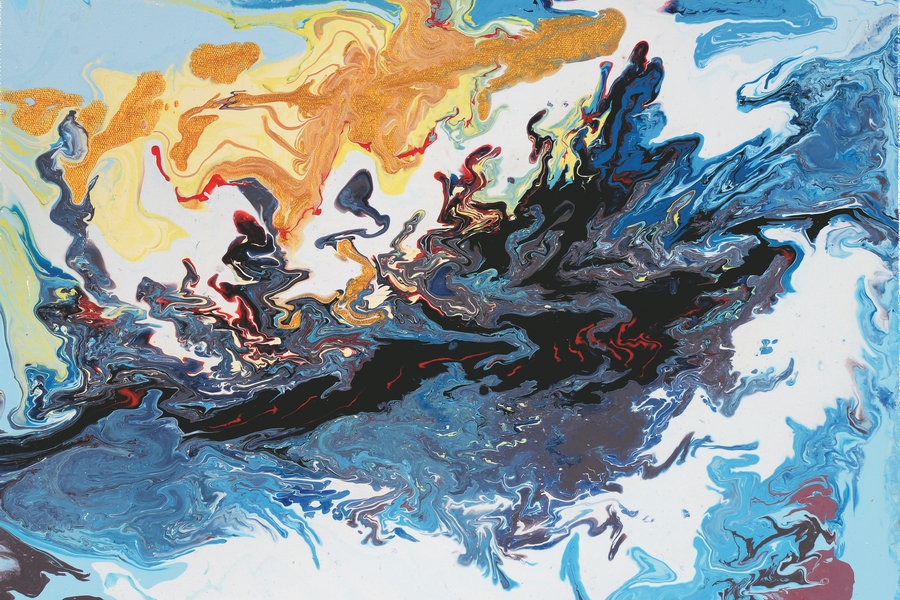Through the years

 |
| Splendor and Beauty: The Archaeological Finds in Recent 20 Years in China displays 360 sets of artifacts unearthed from around the country. A model of the Ashoka Pagoda is one of the biggest draws at the show. |
A 62-centimeter lei, a tall wine container, was unearthed from a marquis tomb in central Hubei province. Dating back to the 10th century BC, this highlighted item shows a mixture of simple style of bronze ware and the romantic spirit of southern China at that time. Another bronze ware in a rabbit shape, found in northern Shanxi province, is considered a masterpiece that puts abstract and realistic art forms together.
Social morals established on Confucianism and Taoism, harmony between human and nature, and romantic ideas are seen in the art pieces from the Qin Dynasty (221-206 BC) to the 10th century. Items from the Song (960-1279) to Qing (1644-1911) dynasties also show great improvement of economy and interactions between literati and grassroots aesthetics.
For example, some exhibited porcelain items from the Song Dynasty show state-of-the-art craftsmanship and the Chinese literati's simple but exquisite lifestyle.
Long explains that change of ancient aesthetics also conveys how the national and cultural identities of Chinese people were formed.
"Chinese archaeologists used to stay in ivory towers," says Zhao Gushan, deputy director of Art Exhibition China, which co-organizes the event.
He points out some discoveries may be influential in professional circles, but easier channels are needed to better introduce them to the public.




































